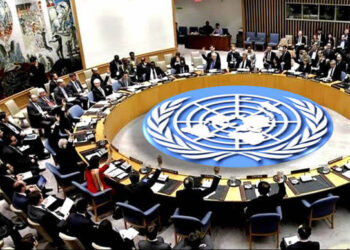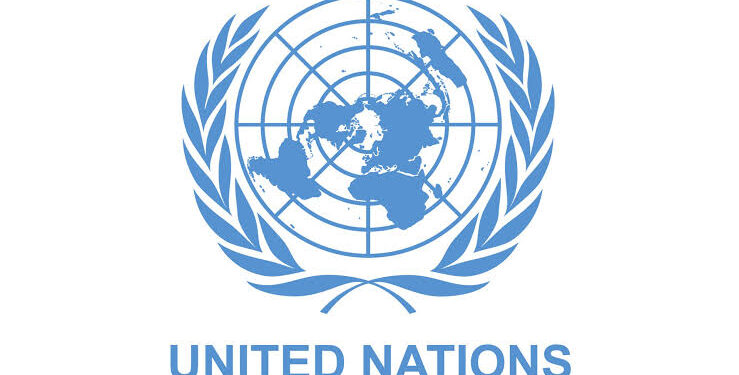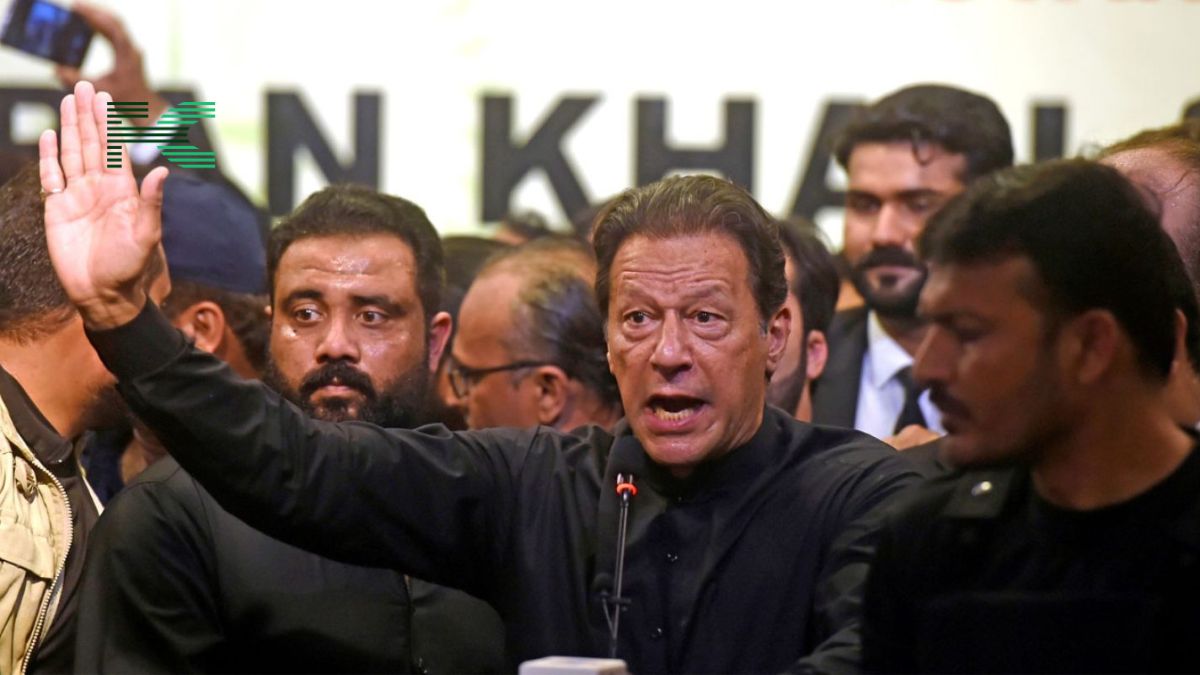On July 11, 2024, a journalist was detained in Tripoli, Libya, under unclear charges, sparking an international outcry. The United Nations Support Mission in Libya (UNISML) has called for the immediate release of the journalist, whose identity has been withheld for security reasons. This incident is viewed as part of a larger pattern of media repression in the conflict-ridden nation.
UNSMIL’s Response
UNISML expressed deep concern over “the arbitrary arrest and detention of journalist Ahmed Sanussi,” emphasizing the need for the safety of all media workers. Sanussi, the general manager of the internet channel Tabadul and presenter of “Flousna” (“Our Money”) on Wasat TV, focuses on economic and social issues through his platforms. The mission highlighted that stifling journalistic reporting creates a climate of fear and undermines the democratic transition in Libya.

International Reactions
UNISML’s statement stressed the critical importance of press freedom for democracy and the rule of law, stating, “The arbitrary detention of journalists is a grave violation of human rights and undermines the principles of free speech and independent journalism.” Human rights organizations, including Amnesty International and Reporters Without Borders, have joined in calling for Sanussi’s release, urging Libyan authorities to adhere to international standards for the treatment of journalists.
Broader Context
Since the 2011 NATO-backed uprising that toppled Muammar Gaddafi, Libya has been plagued by chaos and conflict. This unstable environment poses significant risks for journalists, who face threats from both state and non-state actors. The arrest of Sanussi is not an isolated incident but part of a troubling trend of targeting media personnel.
Implications for Press Freedom
Sanussi’s detention underscores the fragile state of press freedom in Libya. Journalists in conflict zones are often the last bastions of truth, and their ability to operate without fear is vital. The international community’s response highlights the urgent need for strong protections for journalists and a commitment to human rights.
Conclusion
The arrest of Ahmed Sanussi and the subsequent calls for his release by UNISML and other organizations highlight the ongoing challenges faced by the press in volatile regions. As global attention focuses on this case, there is hope that increased pressure will lead to Sanussi’s release and prompt broader reforms to protect media freedom in Libya. This situation serves as a poignant reminder of the essential role of journalists and the necessity of safeguarding their rights and lives.














